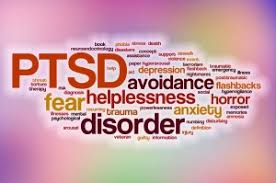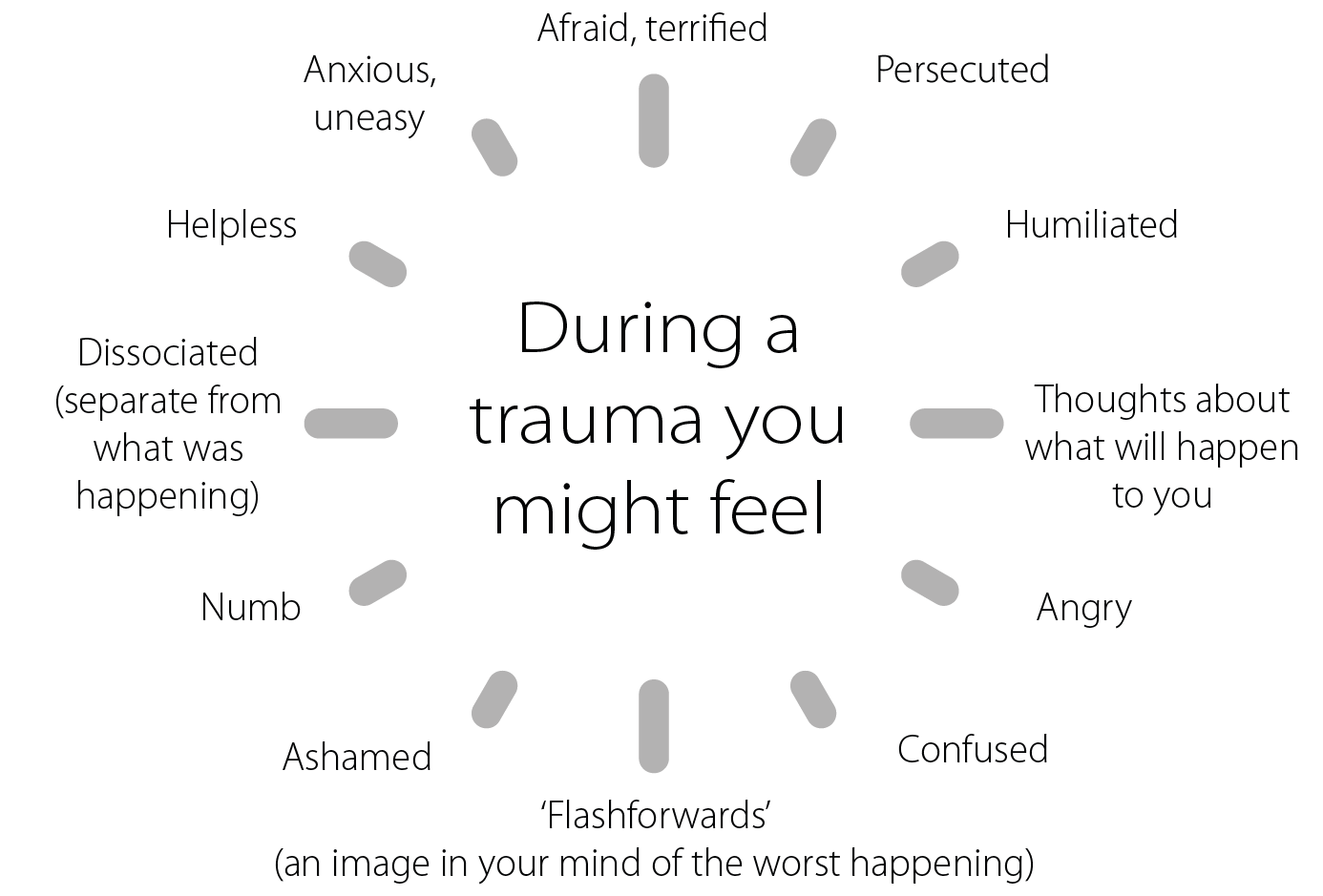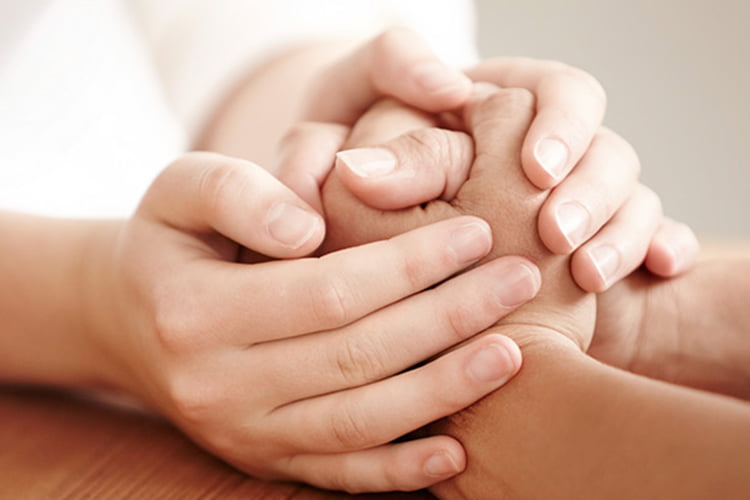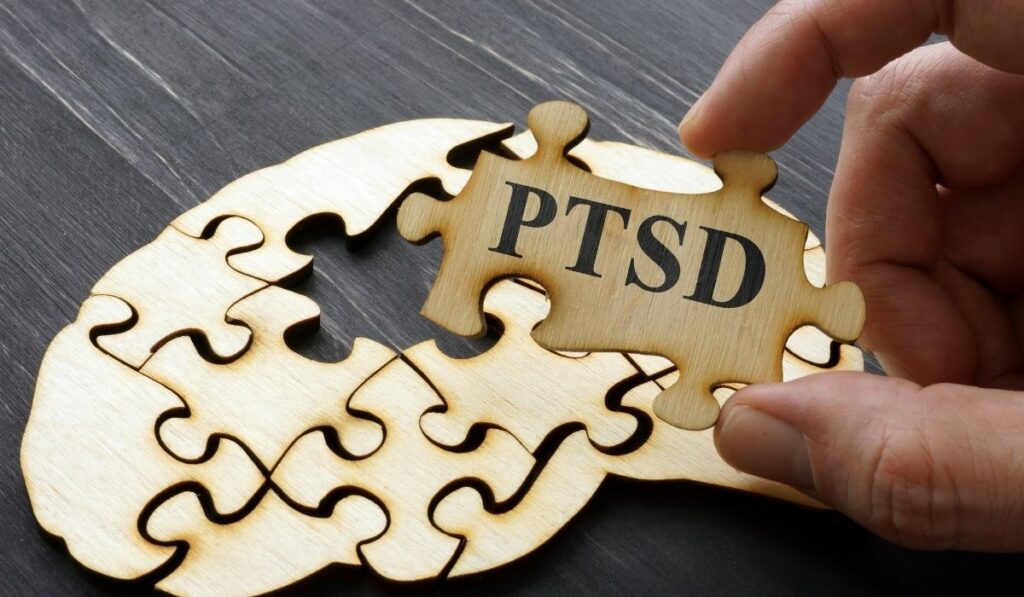PTSD is a serious, but common issue for many people. It can be difficult to understand if you haven’t experienced it first hand, and even more so without the knowledge of what PTSD really is. This article will give you an overview of PTSD as well as some tips to help those suffering from this condition or those who know someone who suffers from PTSD.
Contents
What is PTSD?

PTSD, or post-traumatic stress disorder, is a mental health condition that can be caused by exposure to any traumatic event. This could include a hurricane, tornado, being the victim of violence or sexual assault. Symptoms of PTSD can include flashbacks, intrusive thoughts, nightmares, and hypervigilance.
Veterans and survivors of rape or assault are at a greater risk for developing PTSD.
PTSD can be very hard because it makes people feel alone. It can make them think about bad things that happened to them. They might not want to tell others what they are thinking or feeling. People with PTSD might need to avoid loud noises and other things that remind them of the bad memories.
Symptoms Of PTSD

Some prevalent symptoms of PTSD are:
- Flashbacks: Flashbacks are when the person has a reoccurring experience of being in the traumatic event, even if they’re not currently experiencing it.
- Nightmares: Nightmares that involve trauma can either be related to specific events or generalized dreams about other bad experiences.
- Hypervigilance: Hypervigilance is having an increased awareness and focus on one’s surroundings.
- Intrusive thoughts: Intrusive thoughts are when a person can’t stop thinking about the traumatic event and how it affected them. Some people have bad memories of what happened to them. They would like to get rid of these feelings, but they might not be able to.
- Avoiding people, places, or things that are associated with the traumatic event: This is a common way for people to try and cope with PTSD.
- Feeling emotionally numb: This coping mechanism can happen when someone feels like they’re unable to feel happiness, sadness, love, or any other emotion because of the trauma they experienced.
- Anger and irritability: People with PTSD may often experience anger and irritability because of the frustration and sadness that they’re feeling.
- Physical symptoms: People with PTSD can also experience physical symptoms like headaches, chest pain, nausea, or dizziness.
Causes Of PTSD
Many different factors can contribute to a person developing PTSD. For example, their age or gender can play a role in how they experience and cope with trauma. If someone has an existing mental health condition, they might get PTSD when they are exposed to something traumatizing. If someone does not have a good home experience, they might get PTSD. That is bad. They may not be able to have support from their family.
The following are common causes of PTSD:
Early Experiences With Trauma
From the moment we are born, our lives become a series of events that shape us for better or worse. If your parents were not good to you as a baby, then this can affect how you feel about yourself. This may also have an impact on your ability to have good relationships in the future. If one of your parents was not around when you were a child, this could cause feelings of fear and inadequacy as an adult. It is easy to see how early experiences with trauma can have far-reaching implications for future generations.
However, it is important to understand that these effects are only indirect. That is to say, you may develop a fear of intimacy because your parents were distant so you come to expect the same from others. The good news is that you don’t have to live your life with PTSD. There are treatments available for people who have PTSD today.
Post-Partum Depression
Many mothers might feel sad after they give birth. But it can lead to PTSD if not treated properly. In fact, childbirth-related post-traumatic stress disorder (C-PTSD) can affect anyone who has been present before, during, and/or after the delivery process. This means that if you have been there before, during, or after a birth process you might be affected. Most cases of PTSD involve individuals who experienced either physical or psychological traumas while involved in war situations. However, more and more people are being diagnosed with this condition as a result of experiences that occur during pregnancy.
Military Experience
Most of us have seen news reports about soldiers coming home from war zones who are battling depression. We are often led to believe that these individuals are simply damaged goods with no regard for their service to our nation. However, many veterans only have mild forms of psychological injuries. They can be treated without invasive therapies. A few months of cognitive-behavioral therapy should be enough to help these veterans overcome their PTSD and return to a normal life.
Therapy Options To Help Someone With PTSD
PTSD is hard to get over on your own. That is why it helps to go to therapy or support groups.
There are many kinds of therapy for PTSD. One is called EMDR (Eye Movement Desensitization and Reprocessing). Another is called Prolonged Exposure. There is also Cognitive Processing Therapy and Dialectical Behavior Therapy. All these therapies have been proven to be effective in treating PTSD.
- EMDR (Eye Movement Desensitization and Reprocessing): EMDR is a type of therapy that helps people reprocess the traumatic event they experienced. This is done by having the person focus on things like eye movements, hand taps, or sounds.
- Prolonged Exposure: Prolonged exposure is a type of Cognitive Behavioral Therapy where the person gradually exposes themselves to memories of the traumatic event until their anxiety has decreased.
- Cognitive Processing Therapy: This type of therapy helps people reframe and change how they think about their trauma memories, which can help decrease symptoms like avoidance or emotional numbing.
- Dialectical Behavior Therapy: DBT is a form of Cognitive Behavioral Therapy that works on mindfulness techniques to reduce negative emotions and help people relate to people more healthily.
If you’re looking for a therapist who specializes in PTSD, try one of these directories: The National Registry for Evidence-Based Programs and Practices or the Substance Abuse and Mental Health Services Administration.
Helping Someone With PTSD

If you know someone who is experiencing PTSD, there are some things that you can do for them to help support their recovery.
Listen and be supportive
People with PTSD often feel alone or misunderstood because they may not want to tell anyone how they’re feeling due to the stigma around mental health.
Talking about their trauma can help someone with PTSD feel less alone and also connect them to resources that will benefit their recovery. It is important not to push the person you’re supporting into talking about anything, but if they do want to talk then be a good listener!
Help make appointments for your loved one
Getting connected to resources is the first step towards recovery, so help your loved one get connected to a therapist or other care.
Offer transportation if possible, but also be understanding if they say that they don’t want you to do anything for them yet because all of this can feel overwhelming even when it shouldn’t.
Remind them that they are not alone
One of the most important things you can do for someone with PTSD is reminding them that they are not alone. Many people understand what they’re going through and want to help them get better.
If you or someone you know needs help, please reach out to a therapist or counselor! You are not alone in this.
If you or someone you know is struggling with PTSD, there are many resources available to help! PTSD is a problem for many people. It makes them feel sad and scared. This is hard to deal with. If you want a therapist who helps people with PTSD, there are a few places you can go. You can find them on the National Registry for Evidence-Based Programs and Practices or from the Substance Abuse and Mental Health Services Administration. You might also be able to call the Veterans Crisis Line or the National Suicide Prevention Lifeline if you need help right now.
Conclusion
Post-traumatic stress disorder can be caused by something outside of normal human experience. It happens when people think about the event happening again to themselves or someone else, and it is very difficult. If you have PTSD, you might have bad memories. These bad memories can come out of nowhere and make you feel scared. They can come out when you are driving a car or shopping for clothes. The important thing to remember is that people with PTSD need help before their symptoms worsen and get worse than what they are right now. There are many ways to treat PTSD. The best treatment is usually a combination of different therapies. If you or someone you know needs help, please reach out to a therapist! You are not alone in this.
For more information, please contact MantraCare. PTSD or Post-Traumatic Stress Disorder is a mental health condition that affects people who have experienced or witnessed a traumatic event. If you have any queries regarding Online PTSD Counseling experienced therapists at MantraCare can help: Book a trial PTSD therapy session



